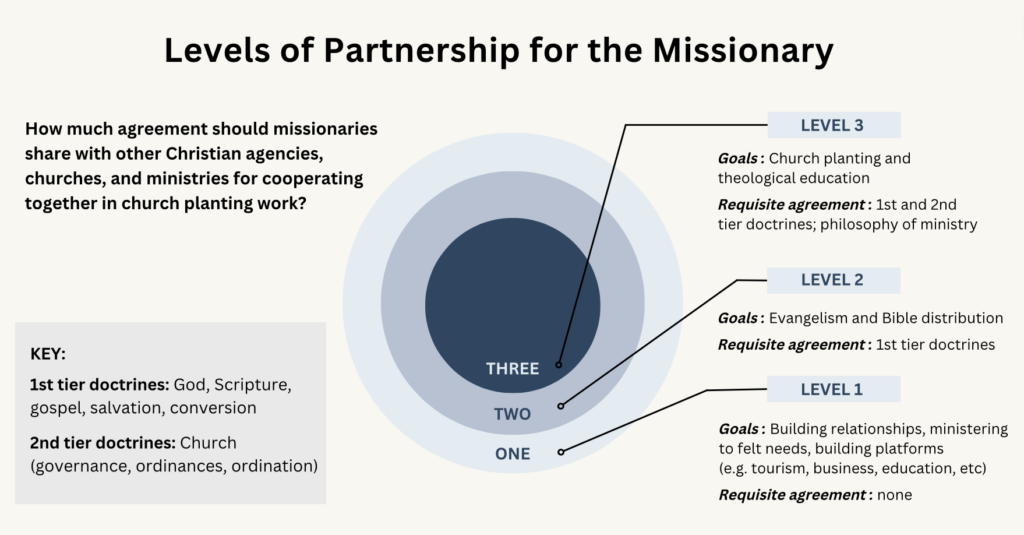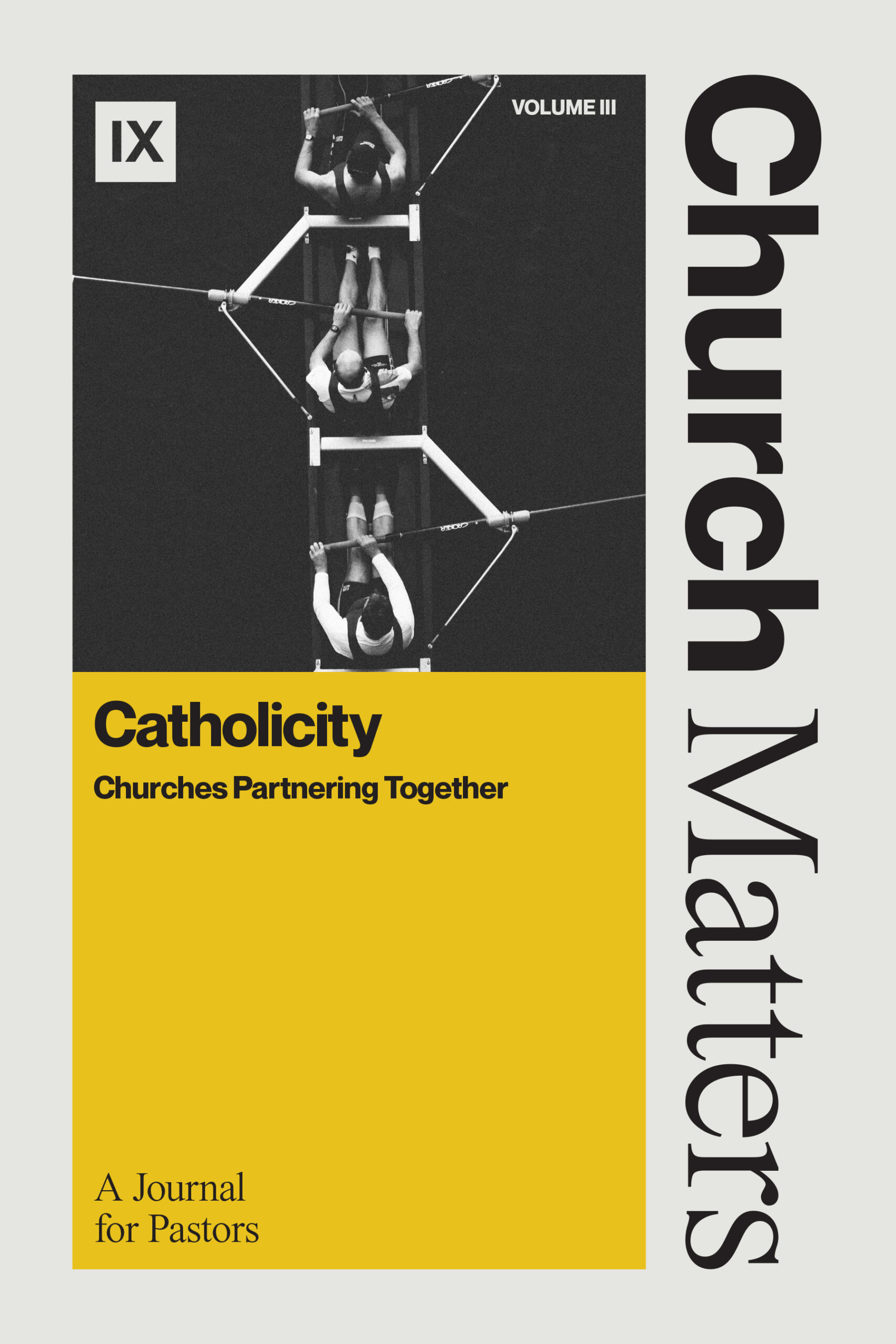What Catholicity Requires: Tightly Held Beliefs and Big Hearts
How do we partner well with others when our convictions don’t align?
Reading the Bible with Muslim friends has been one of the greatest joys of my life. They ask questions I’ve never considered. Sometimes, their inquiries have forced me to re-examine a text of Scripture. But in every case, behind their questions are experiences very different than my own.
Our backgrounds inevitably shape how we process the truths of God’s Word. After my Muslim friends became Christians, we planted a church together. I realized early on that the challenges they had following Jesus were different from the ones I experienced as a young Christian. I grew up the son of active church members, and my earliest memories were with the church. I was familiar with Christianity long before I became a Christian. My recently converted Muslim friends, on the other hand, were learning everything about how to follow Jesus while simultaneously planting a church!
Some aspects of church made sense to them, like serious accountability or corporate prayer. Other aspects, like biblical discipline or elder plurality, were going to take time for them to learn and implement. During those years of forming a biblical community, I learned a valuable principle about partnering with other Christians: hold your convictions humbly and joyfully.
Let’s dig into this principle.
1. Hold your convictions humbly.
No one’s doctrine is perfect, and Christians will inevitably disagree. That’s why we should be humble when our convictions don’t match someone else’s. Humility requires teachability. We all need wise counsel from others—even those with whom we disagree. By listening to others, we may even end up understanding Scripture better and adjusting our convictions accordingly. Adoniram Judson illustrates this point well. He was on his way to Burma as a missionary when, prompted by careful Bible study, he changed his convictions about baptism.
I am not saying convictions don’t matter. Nor am I saying any Christian can partner with any other Christian. An elder without conviction is like a builder with no blueprint—he is not sure what he’s building. Whatever it is, it’s unlikely to last!
At the same time, a team of elders who fundamentally disagree on ecclesiology probably won’t get very far. This is why it’s so important to be careful about who you partner with. The pressure to violate your own beliefs can be particularly strong when you’ve committed to partner with others. For example, some mission agencies place Christians of differing denominational backgrounds together on church planting teams. More on this below.
2. Maintain your joy.
When you disagree with ministry partners, will you do so with godliness and joy? Doing so is not easy. The less our circumstances match our desires, the greater the opportunity to practice patient rejoicing that truly glorifies our Heavenly Father. In these moments, it’s good to remember that “the joy of the Lord is our strength.” When church health comes slowly, the joy of the Lord will help you remain gentle and patient even as you lead with conviction. Joy keeps us from barbed bitterness when facing less-than-ideal situations. We receive such joy by persistently meditating on the Lord.
ADDITIONAL THOUGHTS
Assuming you are holding your convictions humbly and joyfully, here are some additional ideas about working with others who disagree with you. Here’s perhaps the most important task: try to identify how much alignment is necessary for the particular task and goals at hand.
When I worked at the International Mission Board, we thought in terms of concentric circles of partnership. The closer you got to the bullseye, the more doctrinal purity you required. An endeavor at the far edge might include a Christian marketing specialist conducting business with many non-Christians to gain a good reputation in the community. On the other hand, Word-focused ministries like evangelism, church planting, and pastoral training would be placed closer to the bullseye, so they require more agreement.
In all of this, we hold our convictions “with compassion” because we understand that not every endeavor requires the same depth of principled alignment. Those I conduct business with might not be the ones I pray with, much less start a church with.
WHAT’S THIS REALLY ABOUT?
As we conclude, it’s worth reminding ourselves how Jesus relates to us. He who holds perfect convictions never yields what is true. And yet he is always patient with us, even when our understanding is muddy. God patiently persevered in partnership with Jonah. With Balaam. With Peter. And with you and me.
Aren’t you thankful that God patiently waits for you to become more like his Son? As you hold your convictions, brother or sister, persevere in joy. After all, God wants to do as much in you as through you.










